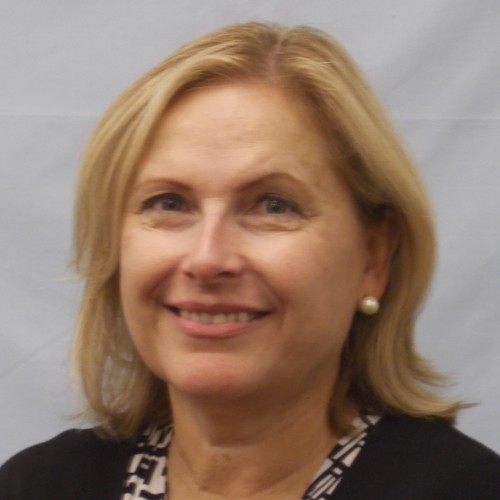A year later: LTC providers speak out on MDS 3.0
This time last year skilled nursing facilities across the nation were in the throes of gearing up for the implementation of MDS 3.0 in October. Administrators scrambled to get their staffs trained and systems in place for the changes to come. And here at Long-Term Living, the editors chronicled those preparations.
In the coming August issue, we take a look back at MDS 3.0 almost a year after implementation. I revisited administrators featured last August to see how they and their teams had weathered the process. Some took the changes in stride; others bemoaned the increased workload and bureaucratic maze of forms and procedures. Yet others were pleasantly surprised by the staff and resident reactions to the resident interviews.
Here are additional comments from two of the providers I spoke with. Can you relate?
Eli Pick, executive director, Ballard Rehabilitation, Des Plaines, Ill.
“I think the only ones excited about the MDS are the policy wonks that want more data. It’s cumbersome and viewed as a necessary evil and not a welcome solution. We constantly profess, as does CMS, about having a more patient-driven orientation and allowing our culture to respond to the individual needs of the people using the services. But here we have a mandated assessment tool that’s standard. To me that’s an inherent conflict. Fortunately our staff are able to transcend the limitations of the assessment process.
“One of the shortcomings of the instrument is it doesn’t differentiate short-term versus long-term populations. It’s a single instrument that’s intended to be used for everybody. As a result, it doesn’t fit anybody well. The population being served is an eclectic mix of different conditions and diagnosis. And when you try to design a system that is a single approach for everybody it ends up not fitting anybody.”
Elizabeth Kaeser, administrator, Inova Loudoun Nursing and Rehabilitation Center, Leesburg, Va.
“Even though the interviews take time, the team has been positively surprised that the long-term care residents like the interview. They enjoy being asked the questions; they enjoy the opportunity to give input into their plan of care.
“CMS said the whole point was to get the resident voice. However, for the short-term resident, this instrument is not optimal. It is very lengthy it has to be done with too much frequency. Someone coming for short-term rehab doesn’t want to be asked four times during that stay if they’re depressed. There’s no need to gather this amount of data for someone staying for three weeks. CMS needs to take a look at that.”

Patricia Sheehan was Editor in Chief of I Advance Senior Care / Long Term Living from 2010-2013. She is now manager, communications at Nestlé USA.
Related Articles
Topics: MDS/RAI , Medicare/Medicaid











